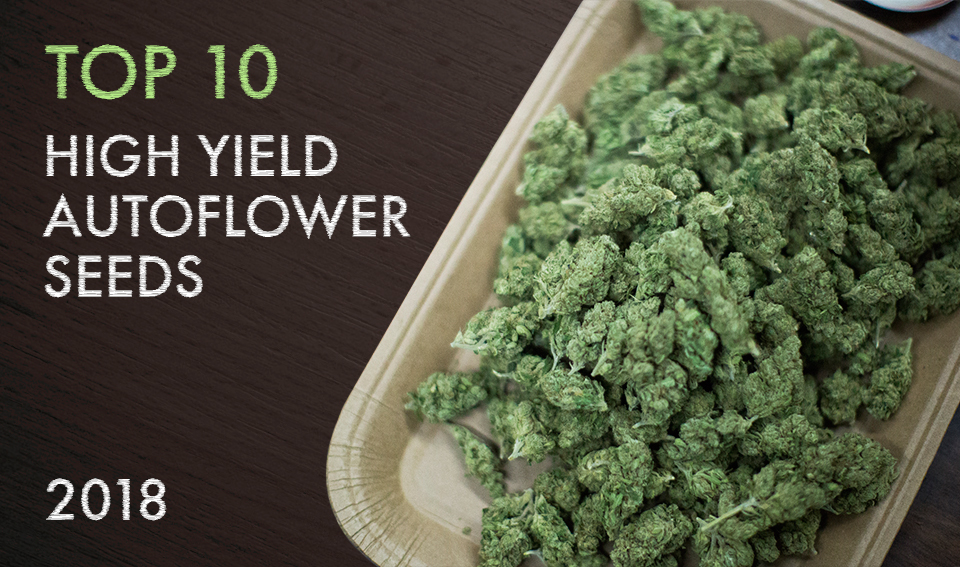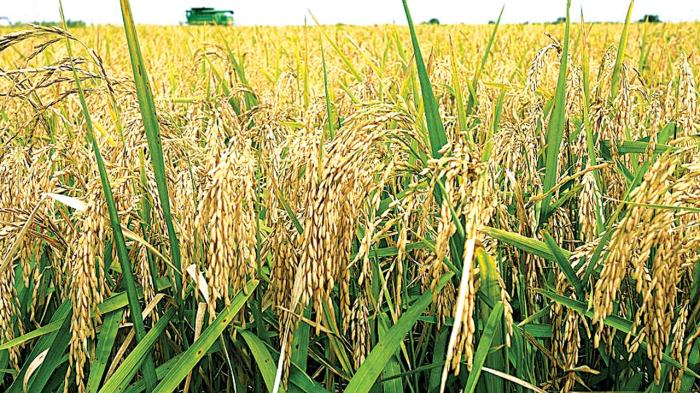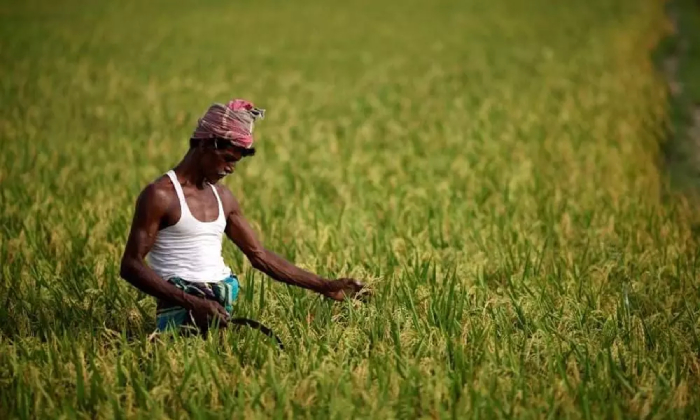In the realm of agriculture, the concept of high yield seeds holds immense significance, promising enhanced crop yields and productivity. High yield seeds definition ap human geography is a topic that delves into the characteristics, benefits, challenges, and global implications of these transformative seeds.
High yield seeds are meticulously engineered to possess superior genetic traits, enabling them to produce significantly higher crop yields compared to traditional varieties. These seeds play a pivotal role in addressing global food security concerns, offering the potential to combat food shortages and malnutrition.
Definition of High Yield Seeds
High yield seeds (HYVs) are specially bred seeds that have been developed to produce higher crop yields than traditional varieties. They are created by cross-breeding different varieties of plants and selecting for traits that enhance yield potential, such as increased grain size, number of grains per plant, and resistance to pests and diseases.
HYVs play a significant role in modern agriculture by increasing food production and ensuring a stable supply of crops. They have revolutionized farming practices and contributed to the Green Revolution, which led to a significant increase in global food production in the mid-20th century.
Characteristics of High Yield Seeds

HYVs possess several key characteristics that distinguish them from traditional seed varieties:
- Increased Yield Potential:HYVs are bred to produce significantly higher yields than traditional varieties under optimal growing conditions.
- Uniformity:HYVs are genetically uniform, meaning that all seeds within a variety exhibit similar traits, ensuring consistent performance and yield.
- Resistance to Pests and Diseases:HYVs are often bred with resistance to common pests and diseases, reducing crop losses and the need for chemical treatments.
- Shorter Growing Season:Some HYVs have shorter growing seasons, allowing for multiple harvests in a single year or the cultivation of crops in regions with shorter growing seasons.
- Specific Adaptations:HYVs can be developed for specific environments or soil conditions, ensuring optimal performance in diverse agricultural settings.
Examples of specific HYV varieties include IR8 rice, which played a crucial role in the Green Revolution, and Bt cotton, which is genetically modified to resist bollworms.
Benefits of Using High Yield Seeds

The use of HYVs offers numerous benefits for farmers and the agricultural industry as a whole:
- Increased Crop Yields:HYVs have the potential to significantly increase crop yields, leading to higher profits for farmers and a more abundant food supply.
- Improved Productivity:HYVs reduce the need for manual labor and chemical inputs, such as pesticides and fertilizers, increasing efficiency and productivity.
- Reduced Crop Losses:HYVs’ resistance to pests and diseases reduces crop losses, ensuring a more stable and reliable food supply.
- Improved Food Security:By increasing crop yields and reducing losses, HYVs contribute to global food security, especially in regions facing food shortages or malnutrition.
- Environmental Sustainability:HYVs can reduce the environmental impact of agriculture by reducing the need for chemical treatments and promoting sustainable farming practices.
Challenges in Developing and Distributing High Yield Seeds

Developing and distributing HYVs come with certain challenges:
- Cost of Development:Developing HYVs requires extensive research and breeding programs, which can be time-consuming and expensive.
- Environmental Concerns:Some HYVs may have potential environmental implications, such as increased water consumption or vulnerability to certain pests or diseases.
- Access and Distribution:Ensuring that HYVs are accessible to small-scale farmers and farmers in developing countries remains a challenge.
- Intellectual Property Rights:The ownership and control of HYVs by private companies can limit access and affordability for farmers.
Overcoming these challenges requires collaboration between scientists, governments, and agricultural organizations to invest in research, develop appropriate technologies, and promote equitable access to HYVs.
Implications for Global Food Security

HYVs have significant implications for global food security:
- Increased Food Production:HYVs have the potential to increase global food production and address food shortages in vulnerable regions.
- Improved Nutrition:HYVs can be fortified with essential nutrients, such as vitamins and minerals, to combat malnutrition and improve public health.
- Resilience to Climate Change:HYVs can be developed to withstand extreme weather conditions and climate change impacts, ensuring a stable food supply even in challenging environments.
- Sustainable Agriculture:HYVs can contribute to sustainable agriculture by reducing the need for chemical inputs and promoting environmentally friendly farming practices.
By harnessing the potential of HYVs and addressing the associated challenges, we can make significant progress towards achieving global food security and ensuring a sustainable food system for the future.
FAQ: High Yield Seeds Definition Ap Human Geography
What are the key characteristics of high yield seeds?
High yield seeds are characterized by their enhanced genetic traits, disease resistance, and ability to withstand adverse environmental conditions.
How do high yield seeds benefit farmers?
High yield seeds enable farmers to increase crop yields, reduce production costs, and improve overall agricultural productivity.
What challenges are faced in developing and distributing high yield seeds?
Challenges include the need for extensive research and development, as well as the establishment of effective distribution networks.